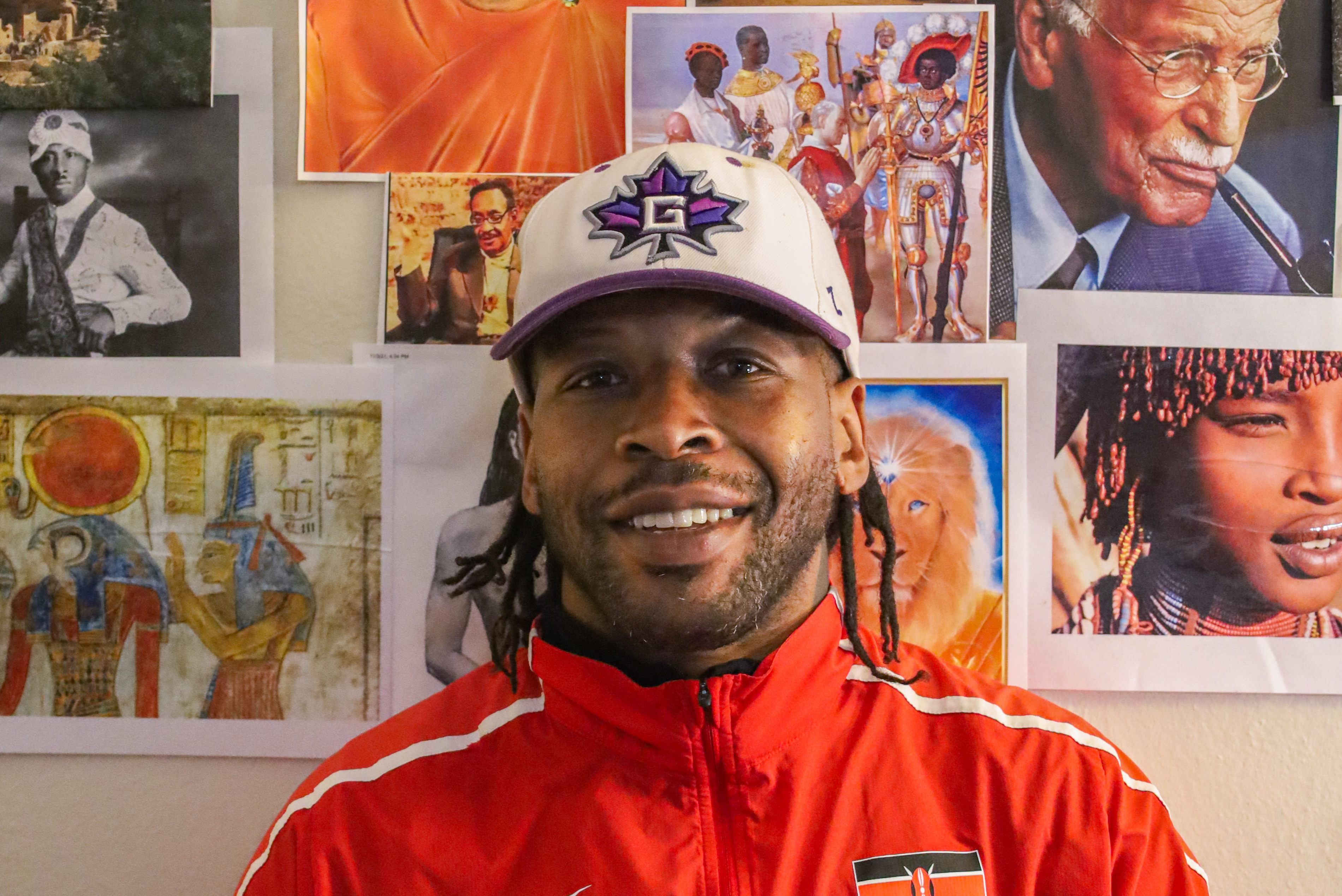“Tuko pamoja!” “We are together! We are one!”
That is the first thing and most consistent thread that comes to mind when I think about my time in Tanzania, located in eastern Africa.For the last four years, I have been a full-time Goshen College employee and a part-time student. Typically, “employee-students” don’t go on Study-Service Term (SST) — this was a very pioneering process, to say the least.
I experienced a grand awakening in Africa, a return felt at the cellular level. Even flying over the country, before we landed, I felt something happening inside me that I still have very few words for.
For me, it was as if thousands of years of history in my genetic memory were awakened. After many years of conscious and unconscious seeking, I finally connected to my original home and my original identity. Upon arrival I felt embraced far more than I ever have before, really anywhere in my life. In some strange way, I felt like Dorothy finally making it home after all her perils and challenges in Oz.
Throughout my time in Tanzania, one of the major influences were the people themselves who looked like me and embraced me as a long-lost family member.
I felt a sense of pride I have never known before. I realized I’m from a continent and I have my “own” continent — I come from the oldest place on earth and its beauty is that of the Garden of Eden. I was in total awe!
I now understood what it meant to be proud of your nationality, something I knew nothing of nor realized how powerful it would feel before being in Africa.
I didn’t see any Black-on-Black crime; as matter of fact, it’s kind of unheard of in comparison to the issues in many Black urban cities in America.
I was astounded — not just as a Black man, but any American would be in awe of the ability to walk freely in your neighborhood without fear of violent crimes at any time of night.
Seeing Africans who look like me run an entire country, from the village bush to the Julius Nyerere Peace and Security Building in downtown Dar es Salaam, was a real-life “Wakanda” moment.
Their civil code of conduct impressed me, as well as their respect for elders and children, food free of chemicals and no systemic issues with mental illness.
This is due to the fact that numbers and cases of mental illness and suicide rates are so low that it’s not on the priority list.
The level of sharing and connectedness the people exemplified made me feel very ashamed of my American heritage at times.
This experience has changed my perception of myself a great deal. You mean to say my history doesn’t start at 1492 at all?
And although I knew and had been studying my history for many years, to actually see it first hand solidified it and made it real.
I have suffered from mild claustrophobia for many years, and my time in Tanzania completely helped heal me — in fact, I’m looking into scientific research on the long-lasting psychological effects from being in chains and on ships and how that has affected the collective African psyche.
There are so many more stories to tell, and I will tell them soon in several projects with SST Senegal and Tanzania.
The oldest stories in the world are typically about finding your way back home.
Relearning and connecting with the foundation that formed my family nation has been a huge honor, opening the doors for many other opportunities and inspired projects.



